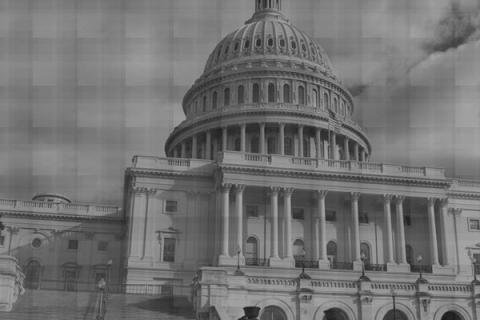Independents around the country are calling on Congress to hold hearings investigating the disenfranchisement of Independents from the political process. The campaign, launched by IndependentVoting.org, aims to bring much needed attention to the issue of structural discrimination against Independent voters and candidates for elected office.
Though they are courted by politicians from the president on down, and receive a fair amount of attention in the mainstream media, Independents are prevented from fully participating in the nation’s electoral process by myriad laws and norms that put the maintenance of the two-party state before the interests of the people. Independent voters are barred from participating in the first round of elections in states with closed primaries, may be prohibited from acting as poll workers or observers, and are precluded from sitting on boards that are mandated to have a bipartisan composition. Independent candidates for elected office often face draconian ballot access laws that burden them with petition requirements far-exceeding those applied to Democrats and Republicans, and are often prohibited from participating in debates and other forums by their rivals in the major parties.
This year’s presidential primary races has a lot of Independents questioning the nature and organization of the party-based primary system. In a letter to the editor of AL.com, Bob Friedman, an Independent from Birmingham, Alabama, writes:
“In 26 states, independents are prevented from voting in primaries, not because they don’t have an ID, but because they don’t belong to a party. Our tax dollars pay for the primaries. That’s just wrong.”
In an opinion piece for the Cleveland Plain Dealer, Cynthia Carpathios, an Independent from Ohio cited the same grievance, while reported on work being done by a newly-formed chapter of Independent Voting in the state.
“If I want to remain an independent, I’m excluded from voting for candidates in primary elections altogether, though expected to fund these elections as a taxpayer. That’s just one example of how party privilege trumps voter rights in this day and age.”
Carpathios emphasized the importance of instituting non-partisan structural reforms to the electoral system.
“Independents want reforms that can prevent government from functioning exclusively on a partisan basis: open primaries, nonpartisan elections, nonpartisan redistricting reform, putting independents on the Federal Election Commission and reducing the domination of the parties over the people.”
The campaign for Congressional hearings on these and similar issues by Independent Voting has already begun to gain some traction among members of Congress. One supporter is Republican Rep. Michael Grimm from New York City. In a letter to Trent Franks, the Chair of the Subcommittee on the Constitution in the House Judiciary Committee, Grimm stated his support for hearings on what IndependentVoting is calling the “second class status” of Independent voters. His letter noted a number of the barriers faced by Independents.
“These include closed primaries, restrictions on voter mobility, loyalty oaths, and the enforced bipartisan structure of rulemaking and oversight bodies from the F.E.C. To most state and local Boards of Elections.”
Grimm underscored the importance of these issues for all Americans regardless of their party affiliation or lack thereof.
“Congressional hearings on the status of the Independent voter would explore these perceived inequities and highlight any possible avenues for reform. It is surely appropriate for Congress to examine how to increase participation and accord full voting rights to this large sector of voters and whether such measures would help revitalize our democracy and reduce the current level of partisanship, a concern to all Americans regardless of political affiliation,” he concluded.
To learn more about the campaign, check out IndependentVoting.org.

